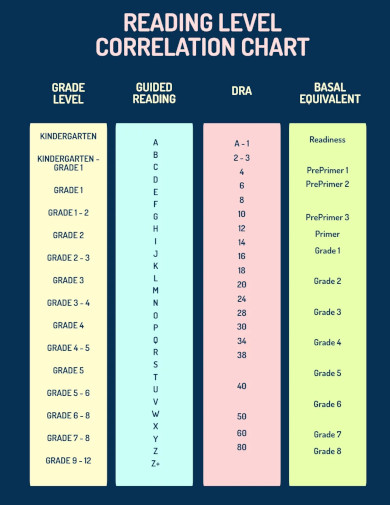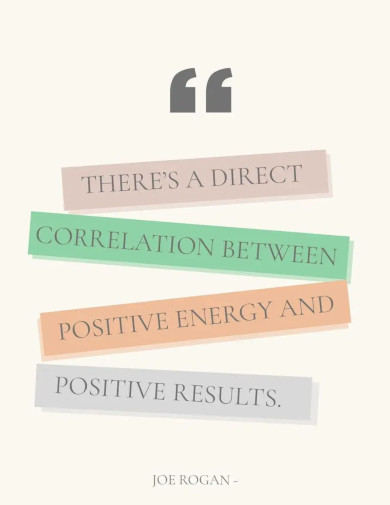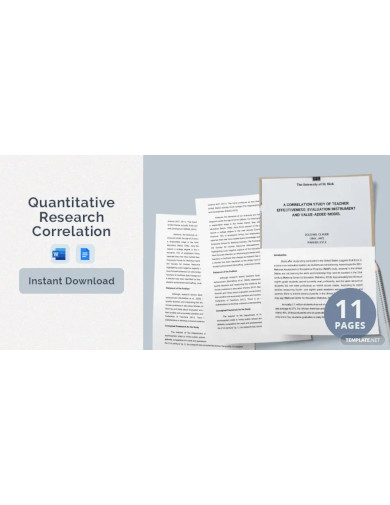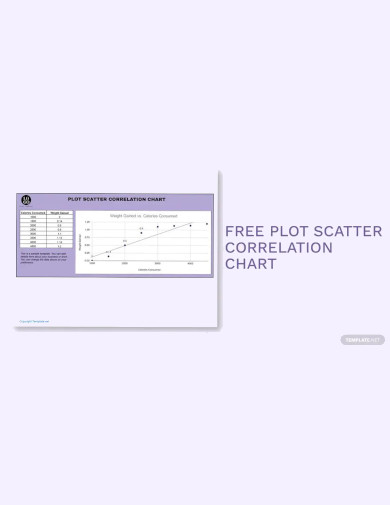What does a correlation coefficient of 0.85 indicate about the relationship between two variables?
Strong negative relationship
Weak positive relationship
Strong positive relationship
No relationship

There are many connections and links in our world that require inquisitive people to conduct the scientific method and research these relationships. There are many relationships people have uncovered through observations, like the animals in a given food web or food chain on the whole biosphere.




A correlation is a cause-and-effect relationship between two or more variables in a given situation, context, or theme. These associations will vary in degree and tone, which the researcher highly based on the evidence they observe and present. If you need various references for this concept, you may use any of the following correlation examples, samples, and articles on the above.
A correlational research study is a type of research a person can do to try and determine if there is a positive or negative correlation between two or more independent and dependent variables. To start this quantitative or qualitative research, one should create a correlational research topic.
Start by choosing an independent variable to be one of the main elements you will investigate through this research. This is the variable you will manipulate to determine if there is a correlation between the two variables and the chosen connection or relationship.
After you have chosen an independent variable, you must select a dependent variable for the research topic. The dependent variable is the one variable that the independent will affect and is static throughout the whole research or experiment.
When you have chosen the two variables, you must create a connection or establish the relationship between these two factors. This connection or relationship will determine the context and the output of your research.
The alternative hypothesis is a specific statement that indicates that there is evidence of a relationship between the two variables. While the alternative hypothesis is the juxtaposition of the alternative hypothesis and supposes that there is no relationship between the two chosen variables.
A positive correlation entails that there is a positive relationship between the two variables, which means that the presence and intensity of the independent variable will positively affect the dependent variable. A negative correlation entails the opposite and supposes that the presence and intensity of the independent variable will negatively affect the dependent variable.
There are many real-life examples of correlations we can easily observe in real life. One of the most common correlations is the relationship between age, weight, and height, where the increase in age entails the person’s increase in weight and height.
Correlations are important as they help us understand and establish relationships between concepts and predict specific outputs which can increase an individual’s quality of life or even society as a whole. Many practices and techniques share an origin in correlational research and studies.
Correlations are specifically established relationships between two or more variables, which indicates that the presence and intensity of a specific independent variable affect the other dependent variable. It is important to know and understand how correlations exist and what ways we can contribute to humanity’s shared understanding and knowledge of the world.
Text prompt
Add Tone
10 Examples of Public speaking
20 Examples of Gas lighting
What does a correlation coefficient of 0.85 indicate about the relationship between two variables?
Strong negative relationship
Weak positive relationship
Strong positive relationship
No relationship
If the correlation coefficient between two variables is -0.95, what type of relationship exists?
Strong positive relationship
Weak positive relationship
Strong negative relationship
No relationship
What is the range of possible values for a correlation coefficient?
-1 to 1
0 to 100
-100 to 100
0 to 1
If two variables have a correlation coefficient of 0, what does this imply?
Strong positive relationship
Strong negative relationship
No linear relationship
Perfect correlation
How would you interpret a correlation coefficient of -0.2?
Strong positive relationship
Weak negative relationship
Strong negative relationship
No relationship
What does a correlation coefficient of 0.7 suggest about the variables' relationship?
What does a correlation coefficient of 0.7 suggest about the variables' relationship?
Weak negative relationship
Weak positive relationship
Strong negative relationship
In which situation would you use the Pearson correlation coefficient?
To measure the strength of a linear relationship
To measure the strength of a non-linear relationship
To test hypotheses
To analyze categorical data
What does a correlation coefficient of 0.4 signify about the data?
Strong positive relationship
Moderate positive relationship
Weak positive relationship
No relationship
If two variables have a perfect negative correlation, what is the value of their correlation coefficient?
0
0.5
-1
1
Which of the following correlation coefficients indicates the weakest relationship?
0.1
-0.3
0.5
-0.7
Before you leave, take our quick quiz to enhance your learning!

